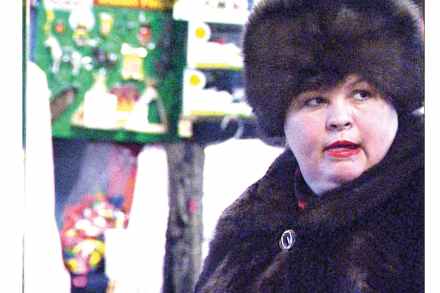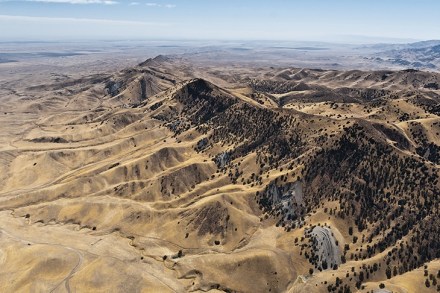How often do volcanoes erupt?
Under control UK air space is to be reorganised – the first wholesale change since the 1950s – to improve flight times and reduce delays. It was Britain that pioneered air traffic control with the world’s first control tower – a timber shed on a platform 15ft above the ground – at Croydon Aerodrome in 1920. The tower was given responsibility for all aircraft airborne, with which it had basic radio connections. From 1928, control centres in Norfolk and Kent allowed radio signals to be ‘triangulated’ for the first time, allowing the position of an aircraft to be determined even if the pilot was lost. Battle ready The government seemed



